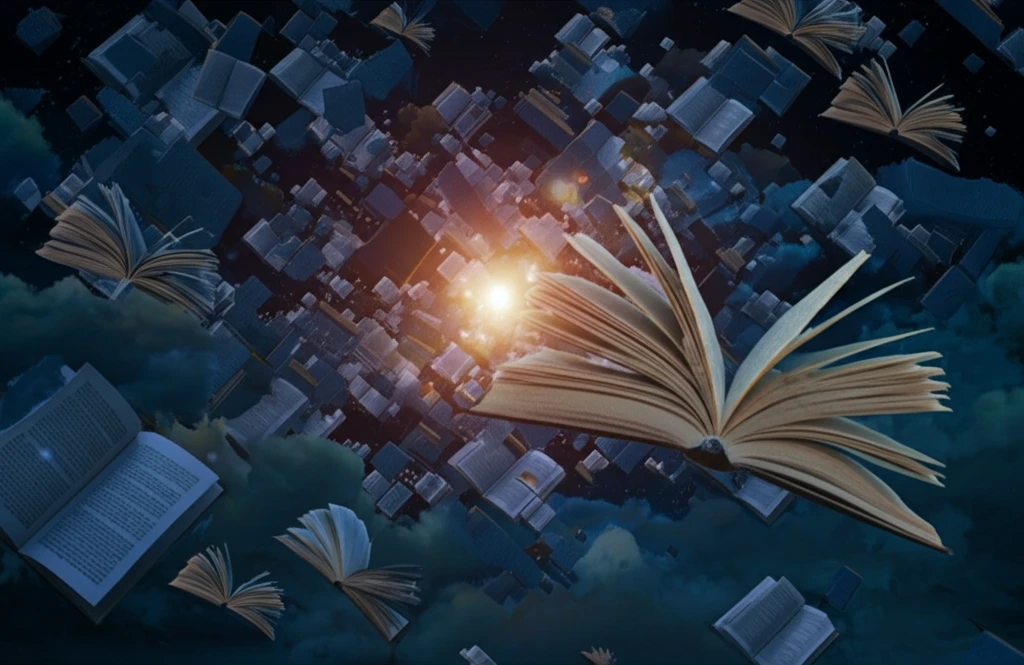
The Death of the Author: How Digital Culture is Reshaping Creativity
"Explore how the internet and collaborative platforms are challenging traditional notions of authorship and intellectual property."
In today's digital age, the concept of authorship is undergoing a radical transformation. The internet has democratized content creation, enabling anyone to become a creator and share their work with a global audience. This shift has blurred the lines of traditional authorship, raising important questions about copyright, ownership, and the very nature of creativity.
Historically, authorship has been closely tied to individual achievement and the notion of original creation. The romantic ideal of the solitary genius toiling away in isolation has shaped our understanding of how art, literature, and music are produced. However, the internet has fostered a culture of collaboration, remixing, and sharing, challenging these traditional notions.
This article delves into the evolving landscape of authorship in the digital age, exploring how new practices, technologies, and legal frameworks are reshaping the creative process. From creative commons licenses to the rise of collaborative art projects, we'll examine how the internet is both eroding and redefining the idea of authorship.
The Rise of Collaborative Culture and the Erosion of Traditional Authorship

The internet has fostered a collaborative culture where content is often created, modified, and shared by multiple individuals. This collaborative approach challenges the traditional notion of a single, identifiable author responsible for a work. Platforms like Wikipedia, open-source software projects, and fan fiction communities exemplify this collaborative model, where contributions from numerous individuals converge to create a collective work.
- Copyright vs. Copyleft: Understand the differences between traditional copyright and copyleft movements, which advocate for more open and collaborative approaches to intellectual property.
- Creative Commons Licenses: Learn how creative commons licenses offer a flexible framework for creators to share their work while retaining certain rights.
- The Role of "Pirataria": Examine the complex and controversial role of "pirataria" (piracy) in promoting access to culture and challenging traditional notions of ownership.
Embracing New Forms of Creativity
As technology continues to evolve, it is essential to embrace new modes of creativity, and adapt to the collaborative approaches fostered by the internet. This requires a shift in perspective, moving away from a singular notion of authorship towards a more collective and participatory approach.
